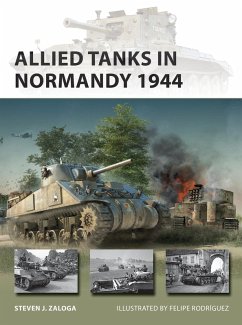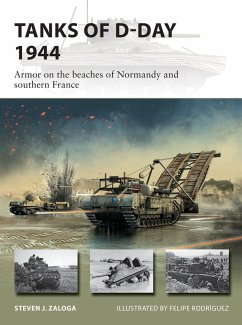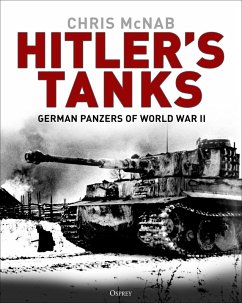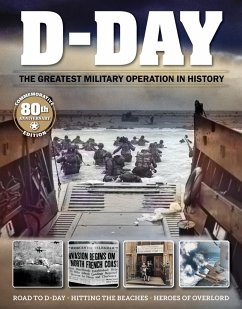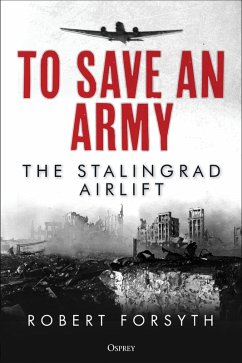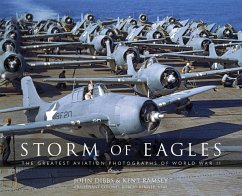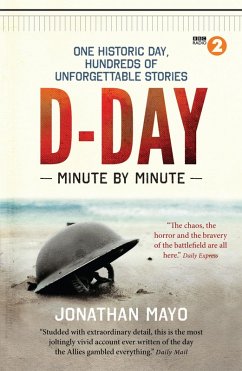
German Tanks in Normandy 1944 (eBook, ePUB)
The Panzer, Sturmgeschütz and Panzerjäger forces that faced the D-Day invasion
Illustrator: Rodríguez, Felipe
Versandkostenfrei!
Sofort per Download lieferbar
9,95 €
inkl. MwSt.
Weitere Ausgaben:

PAYBACK Punkte
5 °P sammeln!
A new study of the German Panzer forces that stood between the Allies' D-Day beachhead and victory in World War II - how they compared, how they were organized, and how they fought. The German tank forces in Normandy in June-August 1944 had the advantage of fighting on the defensive side, as well as comprising of some of the most powerful and advanced tanks used by any side in the war. Yet success in tank warfare depends on many things beyond technological superiority. This book describes the types of tanks, tank destroyers and assault guns used by the Panzer units in Normandy, how they fought...
A new study of the German Panzer forces that stood between the Allies' D-Day beachhead and victory in World War II - how they compared, how they were organized, and how they fought. The German tank forces in Normandy in June-August 1944 had the advantage of fighting on the defensive side, as well as comprising of some of the most powerful and advanced tanks used by any side in the war. Yet success in tank warfare depends on many things beyond technological superiority. This book describes the types of tanks, tank destroyers and assault guns used by the Panzer units in Normandy, how they fought on the Normandy battlefield, and why they were overwhelmed by the advancing Allies. It discusses the organization and equipment of the units, providing thumbnail sketches of basic organization and doctrine as well as statistical data on the types and categories of AFVs in German service.




